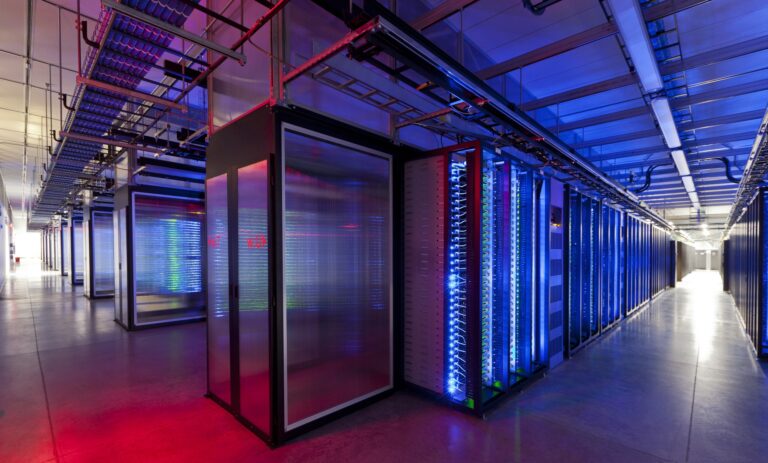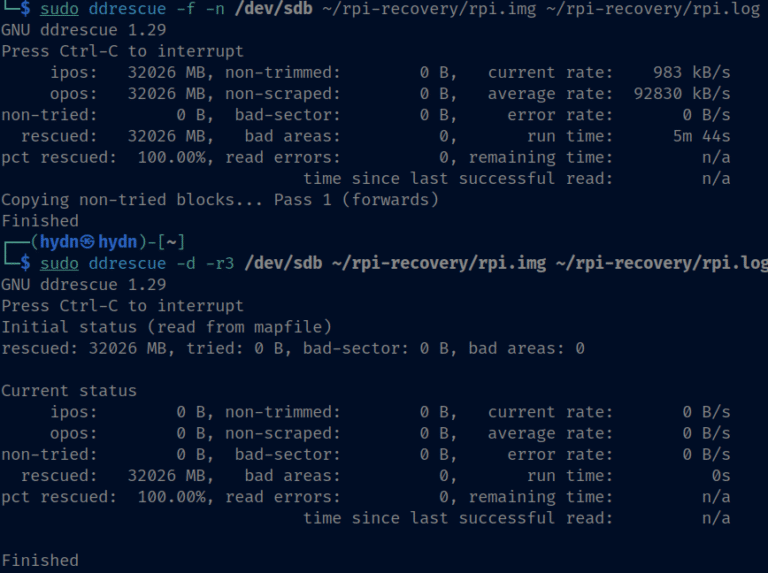
Those organizations that adapt will excel. DevOps calls for transformation with culture and collaboration at the center. Automation, orchestration, and NoOps will not replace human-centered practices; rather, they will extend them, enabling teams to focus on higher-value work such as design, experimentation, and continuous improvement.
In 2025, culture extends to cross-disciplinary collaboration not only between developers and operations but also with security (DevSecOps), finance (FinOps), and platform engineering teams. Software delivery now spans compliance, cost optimization, and infrastructure scalability, not just code releases.
An organization might adopt the latest technologies, but without the right culture the true value of DevOps remains untapped. The tools are the ingredients; culture is the chef. Only with a collaborative mindset will teams translate tools into repeatable, resilient processes.
Why Culture Matters in DevOps
Looking ahead, the next stage of DevOps will be defined by AI-assisted pipelines, tighter security and compliance automation, deeper integration with FinOps, and maturing platform engineering practices. The implementation of DevOps remains a people-first journey: it is about relationships, shared responsibility, and creating environments where everyone is empowered to deliver their best. The journey may be difficult, but the destination is worth the effort.
In 2025, leadership also means embracing new delivery models such as Platform Engineering. Internal developer platforms provide standardized building blocks and self-service capabilities that reduce cognitive load and increase developer velocity. Platform teams and DevOps practitioners working together can standardize workflows while still preserving experimentation and autonomy.
In the complex universe of software development, every organization seeks a compass to steer its course toward excellence and efficiency. That compass is found in the ethos of DevOps, which aligns development and operations teams to deliver software more reliably and more frequently.
Collaboration: The Key to Unlocking DevOps Potential
Culture, in the context of DevOps, goes beyond shared beliefs or team values. It is about cultivating an environment of trust, experimentation, and shared responsibility. When teams operate in silos, the software delivery lifecycle experiences avoidable delays and quality problems. The essence of DevOps culture is breaking down those silos and fostering an environment where teams collaborate seamlessly.
- Shared Goals: Teams align on a clear outcome and measure success with shared metrics and customer-focused KPIs.
- Feedback Loops: Rapid, automated feedback loops allow developers to fix issues quickly and give operations deeper telemetry to manage reliability.
- Joint Responsibility: Accountability extends across the lifecycle: feature ownership, incident response, runbooks, and post-incident reviews become shared practices.
By Gary Bernstein
Breaking Barriers with the Right Mindset
Collaboration today increasingly depends on automation and orchestration. CI/CD pipelines are enhanced with AI-driven monitoring, predictive issue detection, and self-healing capabilities. For some organizations, this is pushing toward a “NoOps” state where operations are so automated that manual intervention is minimal. While NoOps is not a universal destination, automation and orchestration will be prominent trends in 2025 and beyond.
The global DevOps market is predicted to grow rapidly, potentially reaching as high as billion by 2028, with a compound annual growth rate (CAGR) between 18% and 21% through the decade. These projections underscore how central DevOps has become in driving digital transformation across industries.
Security and cost concerns are no longer afterthoughts. DevSecOps practices bake security into pipelines, and FinOps helps teams optimize cloud spend without sacrificing speed. The result is a more holistic delivery model where security, cost, and performance share the same cultural and operational space.
Real-World Adoption and Challenges
DevOps is more than a set of tools or a technical methodology — it is a cultural movement. By combining cultural philosophies, practices, and tools, DevOps accelerates an organization’s ability to release applications and services with precision. This capability serves customers more effectively and helps companies stay competitive in a rapidly changing market.
Final Thoughts
DevOps is synonymous with collaboration. The name itself is a fusion of “development” and “operations,” but modern collaboration is broader and deeper than that.
The transition to a DevOps culture is rarely frictionless. Legacy habits, hierarchical structures, and resistance to change can all slow progress. Leaders need to champion the cultural change: celebrate small wins, institutionalize retrospectives, and create incentives for cross-functional work.
While the promise of DevOps is clear, many organizations still face practical hurdles. Enterprises with complex legacy systems often struggle to integrate automated pipelines across hybrid infrastructures. In smaller companies, skill gaps can slow adoption, as teams may lack expertise in both cloud-native operations and cultural transformation. A recent industry survey noted that nearly 50% of companies cite “resistance to change” as their biggest obstacle in scaling DevOps practices. These challenges highlight that DevOps success is not just about tools, but about continuous learning and leadership commitment.




